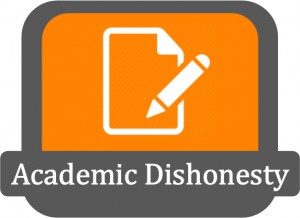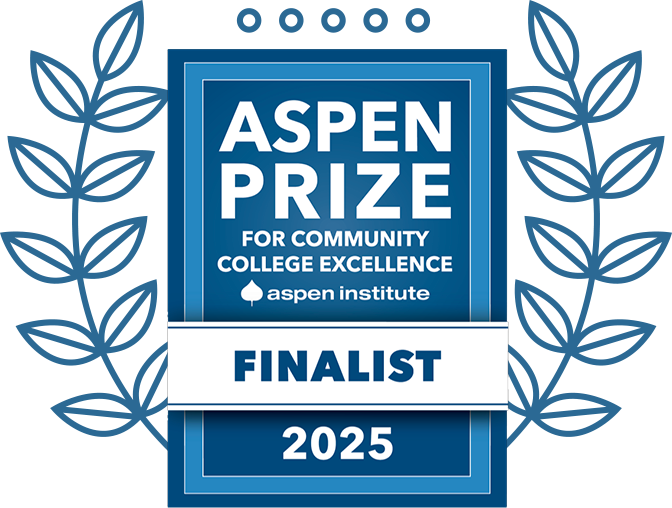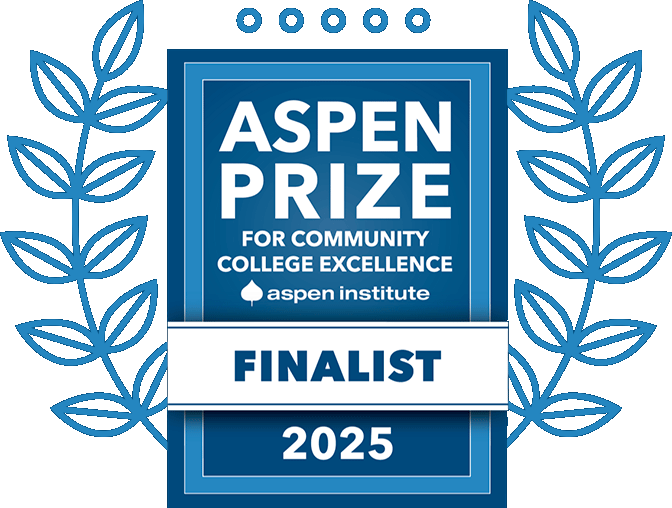Academic Integrity Policy
Purpose
This document defines terms, establishes policy, and outlines the process for adjudicating perceived and/or actual violations of academic honesty at GHC.
Students, faculty, staff, and administrators at GHC are equal members of the larger academic community. The Academic Integrity policy serves as a guide for ethical decision-making within that community. Faculty, staff, and administrators have a responsibility to model ethical collaboration for students, and students have a responsibility to make judicious choices regarding authorship and work ethic as representatives of GHC, the USG, and as participants in the legacy of academic scholarship.
Definitions
These definitions are not intended to be exhaustive, and cases may arise that fall under the heading of academic dishonesty without being specifically named or detailed here.
- Academic Integrity
- The adherence to ethical and professional principles, standards, and practices by individuals or institutions in education, research, and scholarship. Within this document, the terms academic integrity and academic honesty are synonymous.
- Cheating
-
Attempting to gain advantage by working outside of an ethical standard constitutes cheating. Various forms of cheating may include, but are not limited to, the following:
- Giving or receiving unauthorized help with any assignment, including before, during, or after an examination
- Using notes or texts during a test, quiz, or exam period, unless specifically approved by the instructor
- Non-verbal communication or signaling that conveys information during a test, quiz, or exam period
- Use of personal electronics (phone, watch, etc.) during a test, quiz, or exam period, unless specifically approved by the test proctor
- For tests, quizzes, or exams given via remote delivery, navigating away from the test source for any reason may constitute cheating, unless specifically approved by the instructor.
- For tests, quizzes, or exams given via remote delivery, violating the terms of the monitoring software or the directions of the proctor may constitute cheating, unless specifically approved by the instructor.
- Unauthorized collaboration: occurs when two or more people work to complete an assignment that is intended to be completed individually.
- Contract cheating: when a person contracts with a third party to produce work for which they themselves will take credit.
- Hearing Officer
- Any individual given the authority to render a decision which results in a sanction for misconduct.
- Falsification
- It is a violation of academic honesty to misrepresent material or fabricate information in an academic exercise, assignment or proceeding (e.g., false or misleading citation of sources, the falsification of the results of experiments or of computer data, false or misleading information in an academic context in order to gain an unfair advantage).
- Piracy
- Appropriation of ideas, data, or methods from others without permission or acknowledgment, particularly relating to the music industry and IT sector.
- Plagiarism
-
Plagiarism is a broad term that describes a range of unethical behaviors that may occur in an academic setting. At its most basic, plagiarism is the act of adopting the work of someone else as one’s own. Some of the most common variations of plagiarism may include the following:
- Submitting the work of another person as one’s own
- Paraphrasing or summarizing of the works of another person without acknowledgment
- Quoting the work of another person without citation
- Using the research of another person without that person’s permission
Variations of plagiarism may include, but are not limited to:
- Plagiarism by aggregation: a paper may cite sources properly, but the paper contains almost no original work
- Self-plagiarism: submitting one’s own work that has already received credit or fulfilled an assignment in another course without express consent of the instructor, even if changes have been made to the original submission. If the student wishes to continue a research project or examine a previously studied issue from a new angle, it is the student’s responsibility to seek the instructor’s approval first.
- Inadvertent plagiarism: failure to credit sources or include citations due to forgetfulness, distraction, or lack of understanding of the procedure.
- Copy/Paste plagiarism: taking a large proportion of material directly from an internet source, word-for-word, without proper citation or acknowledgement.
- Synonym plagiarism: replacing single words or phrases with synonyms in order to present another’s work as one’s own.
- Records Manager
- The designated entity or contracted service charged with the role of preserving and protecting records of academic integrity violations. The records manager adheres to the security and confidentiality protocol outlined in the IT Data Classification and Security Policy (IT.PO.240).
- Sanction
- Disciplinary action or consequence after a student is found to be in violation of the academic integrity policy.
- Written notice
- Communication through institutional email addresses or a printed letter delivered to the address on record. Written notice becomes a matter of public record and should adhere to all privacy and record-keeping policies as outlined in GHC IT policies.
For additional information regarding appeals, review the Judicial Review Process.
REPORT AN ACADEMIC INTEGRITY VIOLATION



